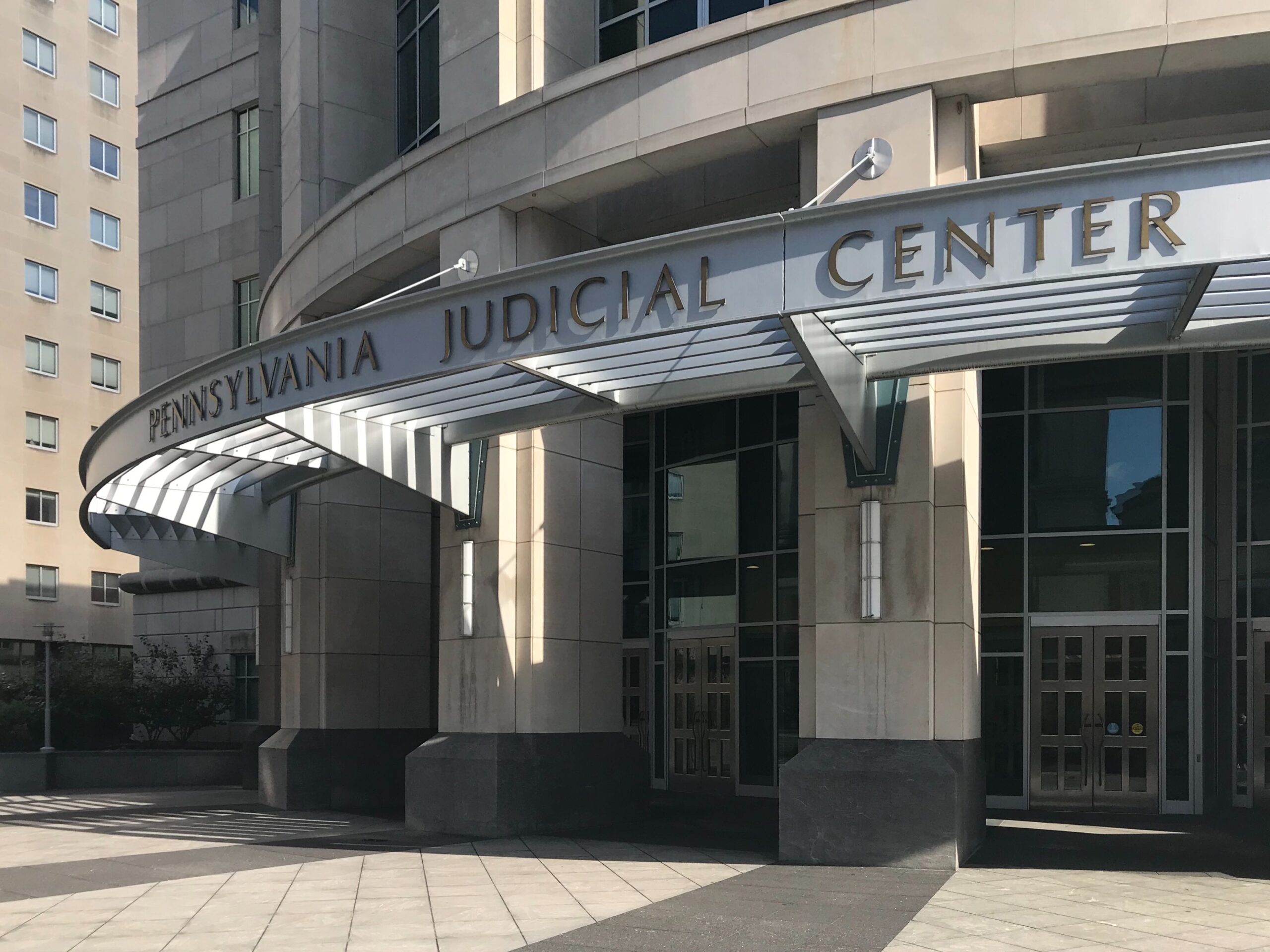
Democratic Gov. Josh Shapiro’s administration announced Tuesday that it will appeal the Commonwealth Court’s decision to block Pennsylvania from entering the Regional Greenhouse Gas Initiative (RGGI) program.
In a statement from the Governor’s office, Shapiro said he would appeal the Nov. 1 decision to block the Commonwealth from joining neighboring states in the multi-state carbon cap-and-trade initiative.
“The Commonwealth Court’s decision on RGGI – put in place by the prior administration – was limited to questions of executive authority, and our Administration must appeal in order to protect that important authority for this Administration and all future governors,” Shapiro spokesperson Manuel Bonder said in a statement. “The Governor stands ready and willing to implement the recommendations of the RGGI Working Group – and he would sign legislation replacing RGGI with a Pennsylvania-based or PJM-wide cap-and-invest program, as they proposed.“
The decision to appeal was issued just a few days shy of the 30-day deadline.
“Should legislative leaders choose to engage in constructive dialogue, the Governor is confident we can agree on a stronger alternative to RGGI – if they take their ball and go home, they will be making a choice not to advance commonsense energy policy that protects jobs, the environment, and consumers in Pennsylvania,” Bonder added. “We urge Republican and Democratic leadership to join us at the productive table the Governor has set with labor, environmental advocates, energy producers, and consumer advocates to further a commonsense energy policy that moves our Commonwealth forward. Now is the time for action, inaction is not an acceptable alternative.”
Environmental groups, such as the Natural Resource Defense Council, had urged Shapiro to appeal the ruling, calling the Court’s decision “misguided.”
“This is not the final word on Pennsylvania’s participation in RGGI or the vast benefits it confers on the people of this state,” Manish Bapna, president and CEO of the NRDC, said in a statement after the ruling. “For nearly 20 years, Governor Shapiro has been a champion for clean air, climate action and a prosperous Pennsylvania. He should appeal this misguided decision at once and make the case before the state Supreme Court for a program that’s already proven itself across the Northeast and Mid-Atlantic.”
Molly Parzen, executive director of Conservation Voters of Pennsylvania, lauded the governor’s announcement, calling the ruling “deeply flawed” in a statement Tuesday.
“Our policymaking processes must put the health and welfare of Pennsylvania’s families above the profits of entrenched corporate polluters,” Parzen said. “In pursuing this appeal, the governor is acting in the spirit of our state Constitution’s Environmental Rights Amendment, which highlights Pennsylvanians’ rights to ‘clean air, pure water, and to the preservation of the natural, scenic, historic and esthetic values of the environment.’”
Pennsylvania formally joined RGGI under former Gov. Tom Wolf’s administration in April 2022 when the final regulation was published in the Pennsylvania Bulletin as required by state law.
The regulation was met with legal challenges from opponents who said the regulation was an example of executive overreach. On Tuesday, Senate President Pro Tempore Kim Ward (R-Westmoreland) said Shapiro’s decision to appeal the ruling was “a maneuver to avoid having to make a tough decision.”
Ward added that Shapiro “would rather unnecessarily tax Pennsylvanians and make them feel virtuous about raising their electricity rates and eliminate good paying jobs than face the traditional factions in his own Democratic party. The Commonwealth Court has already ruled this tax unconstitutional. More importantly, an electricity tax has no place in a commonsense energy policy for our Commonwealth.”
In July 2022, the Commonwealth Court issued an order, blocking the state from continuing its efforts to join RGGI until the court ruled on its constitutionality.
As of September 2023, Pennsylvania had not participated in any of the seven quarterly carbon credit auctions that took place since it joined, due to the ongoing litigation.
On the campaign trail and in office, Shapiro has distanced himself from his predecessor’s decision to join RGGI, throwing his support behind alternative energy projects instead.
Speaking to reporters on Monday, Shapiro criticized Wolf’s decision, saying that stakeholders felt “unheard” by the past administration.
The appeal now heads to the state Supreme Court for consideration.
This article was updated at 3:44 p.m. Nov. 21, 2023 to add a statement from Conservation Voters of Pennsylvania. A second update was added at 6:45 p.m. to include a statement from Sen. Kim Ward.
SUPPORT NEWS YOU TRUST.
